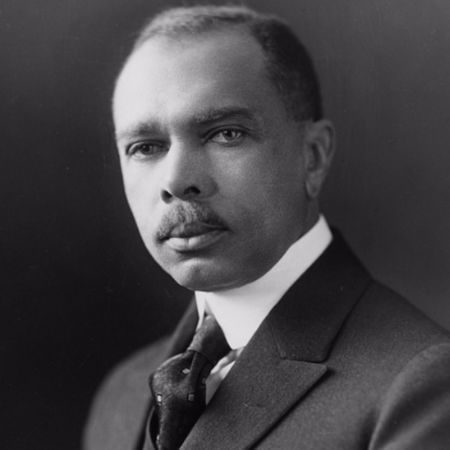O Sleep, thou kindest minister to man,
Silent distiller of the balm of rest,
How wonderful thy power, when naught else can,
To soothe the torn and sorrow-laden breast!
When bleeding hearts no comforter can find,
When burdened souls droop under weight of woe,
When thought is torture to the troubled mind,
When grief-relieving tears refuse to flow;
'Tis then thou comest on soft-beating wings,
And sweet oblivion's peace from them is shed;
But ah, the old pain that the waking brings!
That lives again so soon as thou art fled!
Man, why should thought of death cause thee to weep;
Since death be but an endless, dreamless sleep?
Published:
1922
Length:
Shorty
Literary Movements:
Harlem Renaissance
Anthology Years:
2021
Themes:
Death & Loss
Poetic Form
Literary Devices:
Iambic Pentameter
a line of verse composed of five iambs– an unstressed syllable followed by a stressed syllable (u / u / u / u / u /) commonly used in the Renaissance period
Personification
the attribution of human qualities to a non-human thing
Rhetorical Question
a question asked for effect, not necessarily to be answered
Rhyme
correspondence of sound between words or the endings of words, especially when these are used at the ends of lines of poetry

